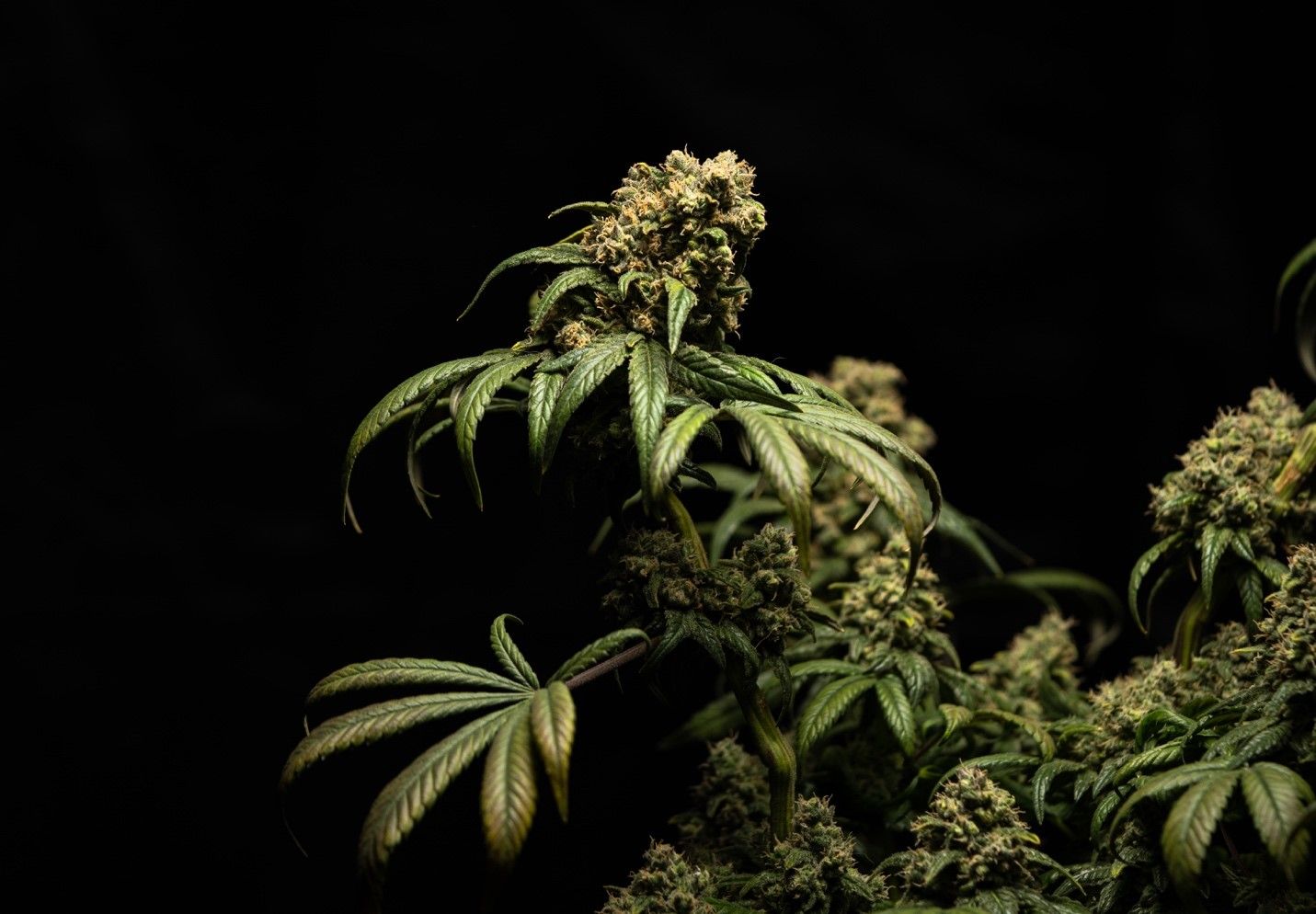Our species has enjoyed the mind-altering and beneficial effects of the cannabis plant for thousands of years, and we continue to enjoy cannabis today. A thriving cannabis subculture has spread worldwide, especially in the United States over the last century or so. In the process, the cannabis plant has racked up an impressive list of slang names. Some are borrowed, some are literal, and some were used to derive hysteria against it.
However, figuring out a word’s origins can be tricky under the best circumstances. But it becomes practically impossible to pin down one source when the words are borne from an underground, and often illegal, subculture. Still, we’ll do our best here at Greeley Gallery to explain how a few of the more well-known slang terms for cannabis came to be.
Marijuana and Mary Jane
While cannabis is the name of the plant marijuana comes from, the term marijuana refers to dried cannabis flower or buds the cannabis plant grows. That said, no one really knows where the word “marijuana” comes from, but there are a few possibilities.
Some believe “marijuana” comes from various words in languages ranging from Chinese, Mexican Spanish, and even Bantu, which the enslaved Angolan people spoke. But the accuracy of these translations is questionable. For instance, it’s said the Mexican-Spanish word “mejorana Chino,” which supposedly translates to “Chinese oregano,” is the source of “marijuana.” In contrast, others believe it derives from enslaved Angolan people and their word “ma-kaña,” which is Bantu for cannabis.
Whatever its etymology is, what’s more evident is the word “marijuana” became popular during a period of increased immigration from Mexico to the United States during the early 20th century. The U.S. government used “marijuana” as part of a more significant effort to criminalize cannabis use which, at the time, was seen as a major threat to social order by politicians.
Unfortunately, the term marijuana was used as a cultural and racial prejudice since it was associated with African Americans and Mexican immigrants. While cannabis is still hotly debated throughout the country, we at Greeley Gallery are sure glad the United States, and especially Oregon, are realizing how valuable marijuana is.
Now, you may be wondering where the term “Mary Jane” comes into play and why we’re including it in the same section as marijuana. Well, it’s because Mary Jane was apparently inspired by the word “marijuana.” Mari-juana is a bit like Mary-Jane, especially since the name “Mary” is the English version of the Spanish name “Maria.”
Weed, Herb, Bud, and Grass
These four terms are grouped together because they are all inspired by the fact that cannabis is a plant that grows in the ground.
Weed makes sense because, like actual weeds, cannabis plants are comically easy to grow and can thrive in various conditions. Herb is also pretty accurate because, technically, cannabis is classified as an herb – although you probably don’t want to sprinkle it over your food like cilantro.
We doubt we have to tell you how “bud” came about; it refers to how cannabis flower appears, like buds which are some of the most potent parts of the plant. Lastly, grass is green but doesn’t actually look like cannabis – then again, dried grass cuttings do kinda resemble ground-dried cannabis flowers.
Ganja
The term ganja is often used as slang, but it’s actually a real word. Many say the term is closely related to the Rastafarian religion, which formed in the 1930s in Jamaica. The Rastafarians view cannabis as sacred and often use it in their spiritual practices. It’s said the term “ganja” became part of the Rastafarian community after coming to Jamaica from India by Indian indentured servants during the 19th century.
Reefer
Like the word “marijuana,” the term “reefer” was also used as anti-cannabis propaganda dating back to the 1930s with the film Reefer Madness. Later on, in the 1960s and 70s, the term blew up in popularity but has hardly been used since.
Though some believe “reefer” is really from the Mexican slang word “grifo,” which supposedly referred to someone with tangled or messy hair, which came to represent someone under the influence of cannabis.
Pot
There are a couple theories behind why people refer to cannabis as “pot,” and it’s not what we use to cook pasta in. It’s actually thought to stem from the Spanish word “potiguaya” or “potaguaya,” which itself comes from “potación de guaya,” meaning “drink of grief.” It just so happens that this unique beverage included steeping cannabis buds. Over time, it made its way from Mexico to the United States, where it was shortened and eventually referred to the cannabis drug rather than the drink.
Then again, another theory points so the works of author Chester Himes, who wrote a short story in 1938 where a man smokes “pot” and gets high.
Chronic
Unlike the other slang terms mentioned in this article, the term chronic doesn’t just mean cannabis – it means the best and highest quality cannabis, like what you’ll find on the shelves at Greeley Gallery. And anyone around in the 90s and early 2000s will likely know who introduced the term to the world. It was none other than one of the most famous cannabis enthusiasts, Snoop Dogg.
Final Thoughts
There you have it! While we can’t guarantee these are the absolutely no doubt-about-it origins of these terms, they seem to be the general consensus. Although, we care more about the cannabis plant itself, regardless of what people call it. Our species has enjoyed cannabis for thousands of years, and hopefully, we’ll enjoy it for thousands of years more. Who knows how many more names we’ll come up with for it.
In the meantime, be sure to stop by our recreational and medicinal cannabis dispensary in north Portland. Greeley Gallery is located on the corner of Greeley and Rose Parks. We’re open every day of the week between 7am and 10pm, and our expert staff is happy to answer any questions you may have. See you soon!
Written by: Katrina Paulson



